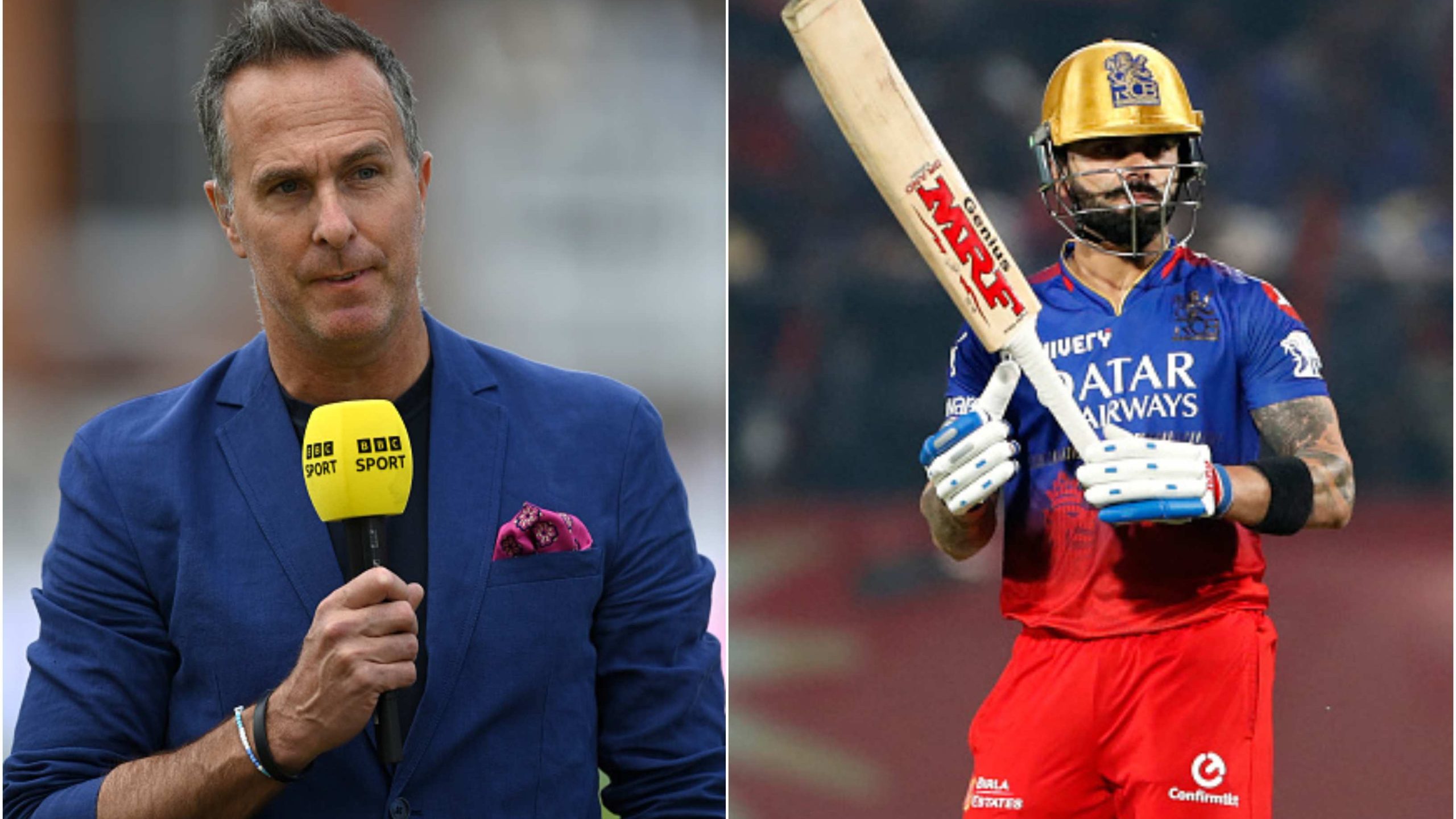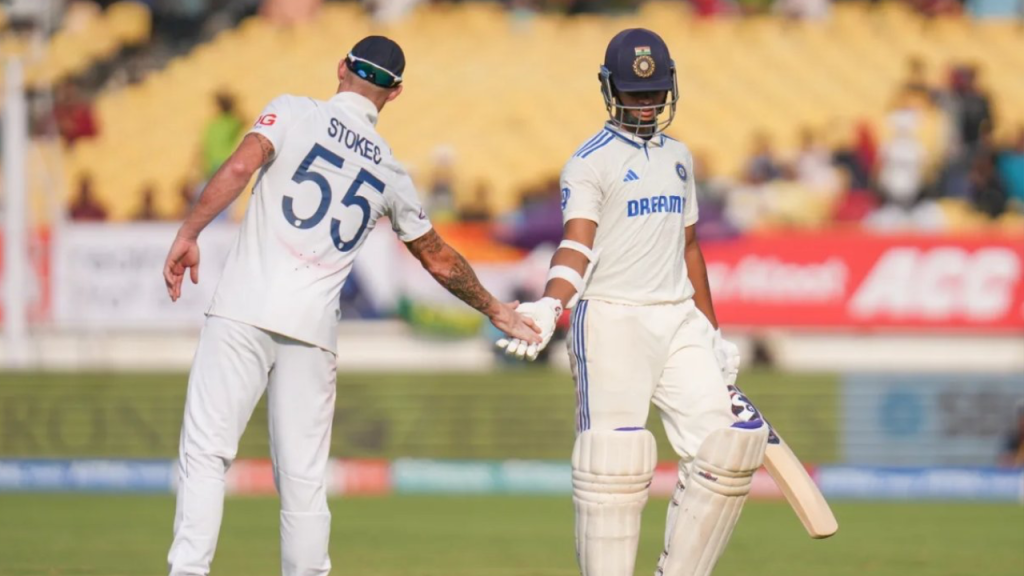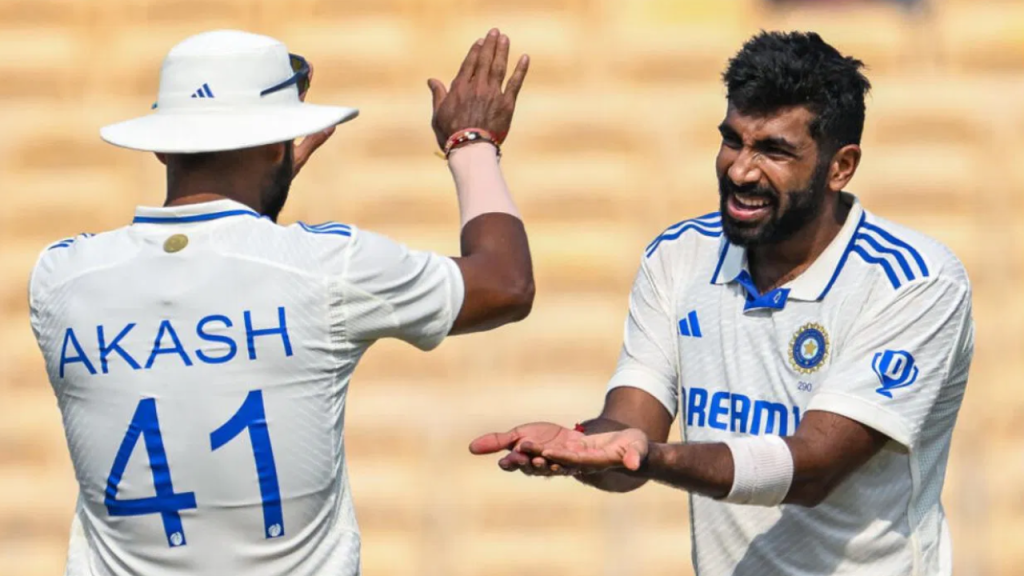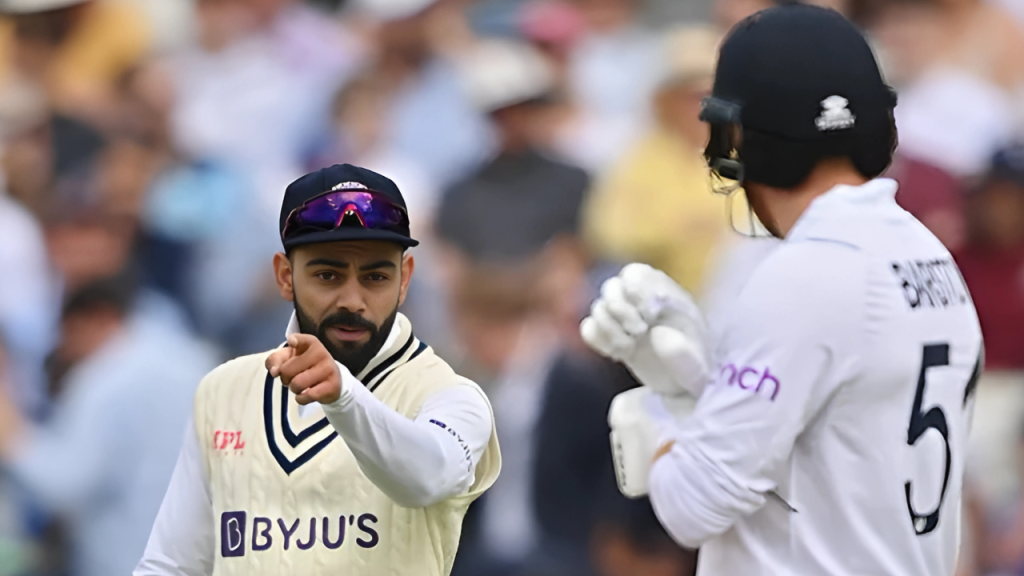In a recent podcast episode with Cricket.com, former England captain Michael Vaughan and Australian cricket legend Adam Gilchrist found themselves in a hypothetical IPL scenario that would test the mettle of any cricket enthusiast. The question posed was straightforward yet profoundly challenging: if you could manage a team with MS Dhoni, Virat Kohli, and Rohit Sharma, who would you play, sell, and bench? The answers provided by Vaughan and Gilchrist stirred considerable discussion within the cricketing community, offering insights into their strategic thinking and the value they place on different aspects of the game.
The Decision

Michael Vaughan, known for his forthright opinions, chose to play MS Dhoni, sell Virat Kohli, and bench Rohit Sharma. His reasoning was rooted in the IPL context, where team dynamics, player roles, and market value play as significant a role as cricketing prowess.
MS Dhoni was selected not just for his cricketing acumen but for his leadership. “Dhoni’s record speaks for itself. He’s not just a player; he’s a captain who wins,” Vaughan remarked, highlighting Dhoni’s unparalleled success in the IPL, both as a player and a leader.
Virat Kohli, despite his monumental achievements, was the one to be sold
“Virat Kohli, for all his brilliance, comes with a price tag that might be better utilised elsewhere. His market value is immense, and in this scenario, selling him could fund other strategic team moves,” Vaughan explained. This decision reflects a pragmatic approach, considering Kohli’s high transfer value and the potential for financial flexibility in team management.
Rohit Sharma, a stalwart in both international and IPL cricket, was surprisingly relegated to the bench. “Rohit would be my sub for Dhoni. It’s tough, but with Dhoni’s experience and Rohit’s recent form, it’s a calculated risk,” Vaughan added, suggesting a strategy where Rohit’s skills could be utilised in specific match situations or as a strategic substitute.
Analysis and Implications
This hypothetical team setup by Vaughan and Gilchrist, as discussed on Cricket.com, underscores several strategic IPL management principles:
Leadership and Experience: Dhoni’s selection emphasizes the importance of experience and leadership in high-pressure environments like the IPL playoffs.
Financial Strategy: Kohli’s sale points to the financial aspect of IPL team management, where player transfers can significantly influence a team’s budget and strategy





